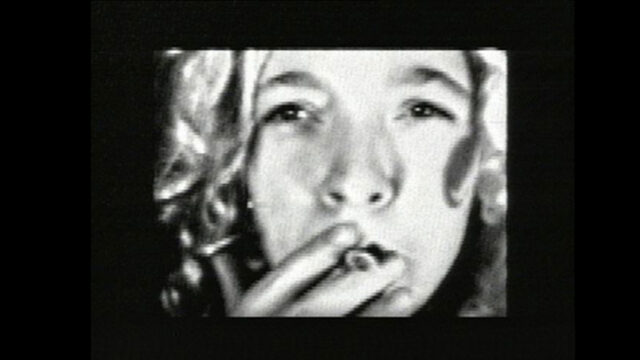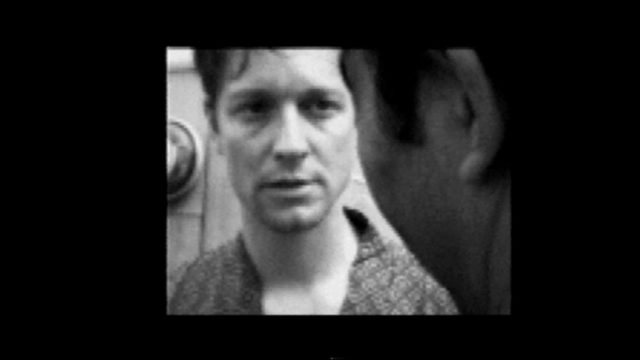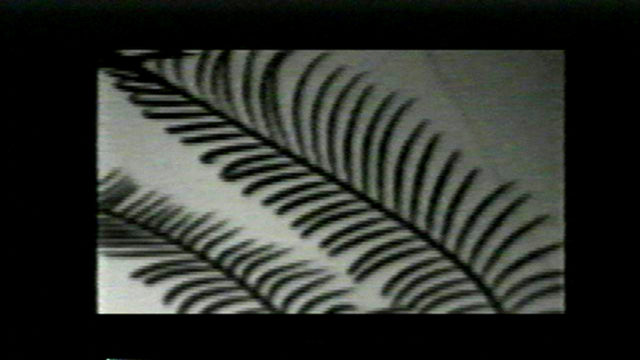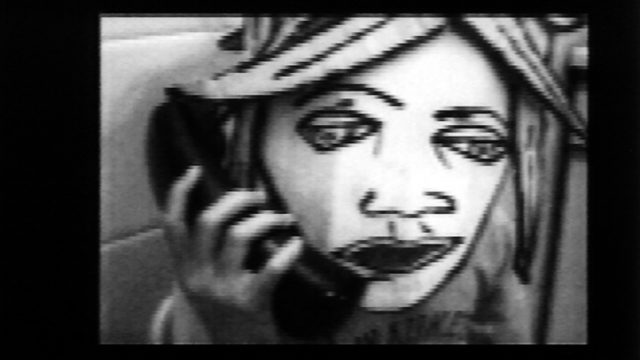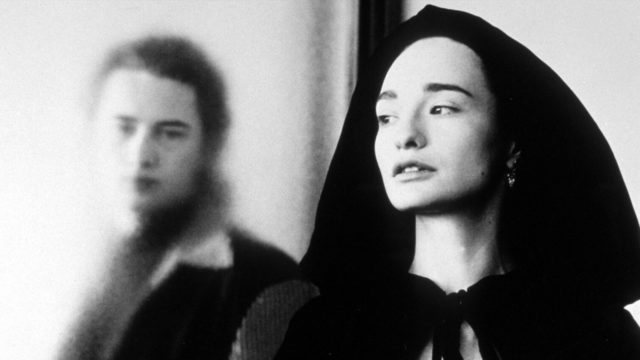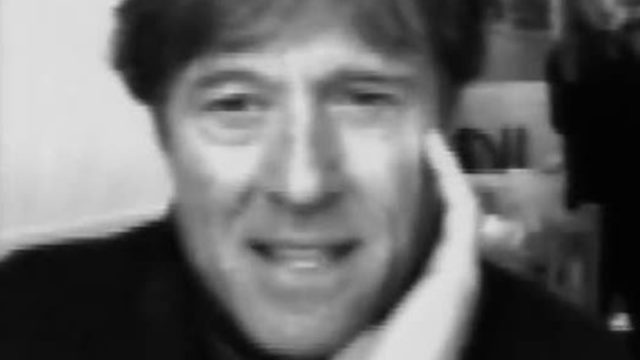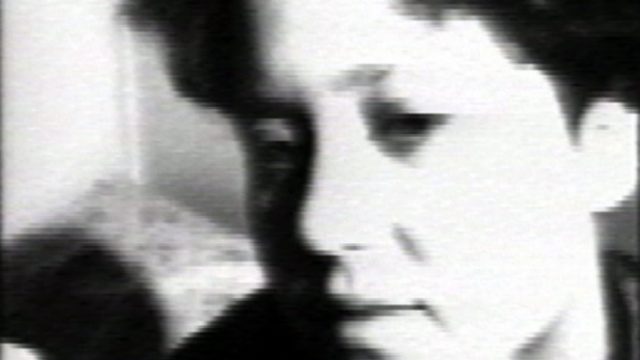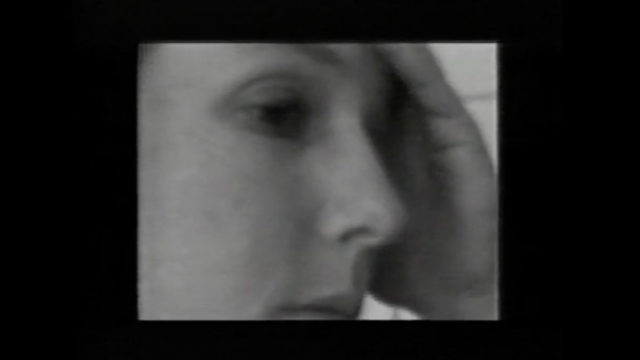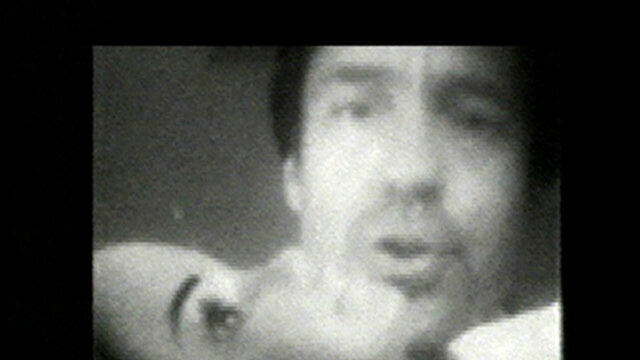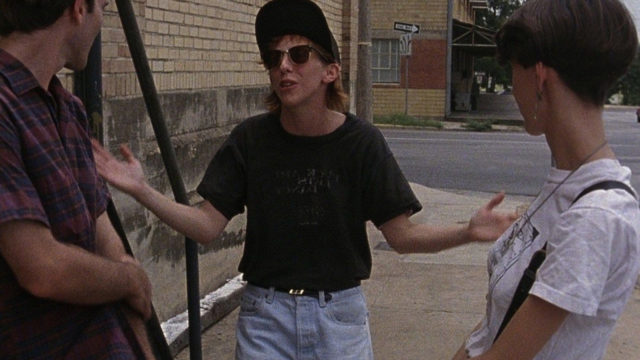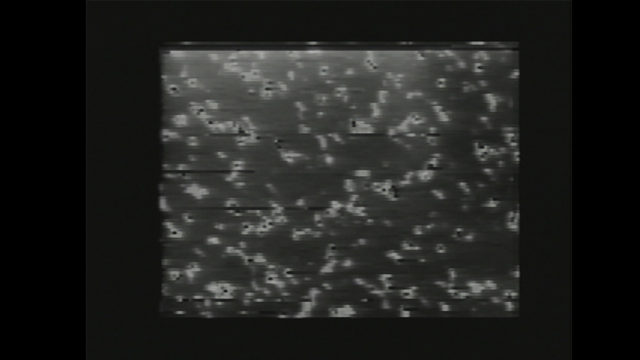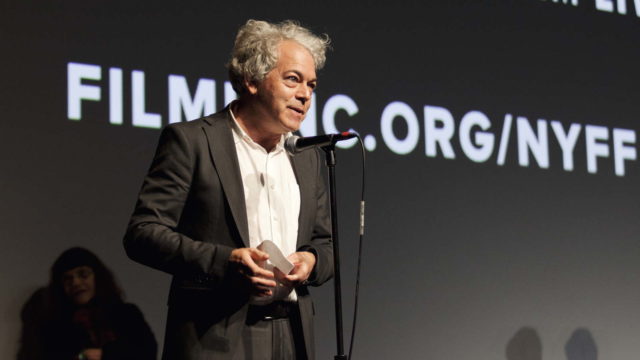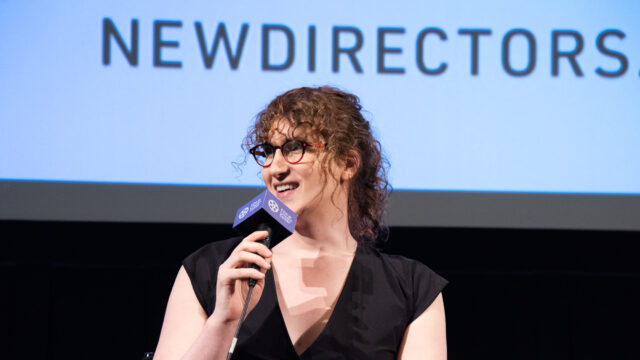Flat Is Beautiful: The Strange Case of Pixelvision
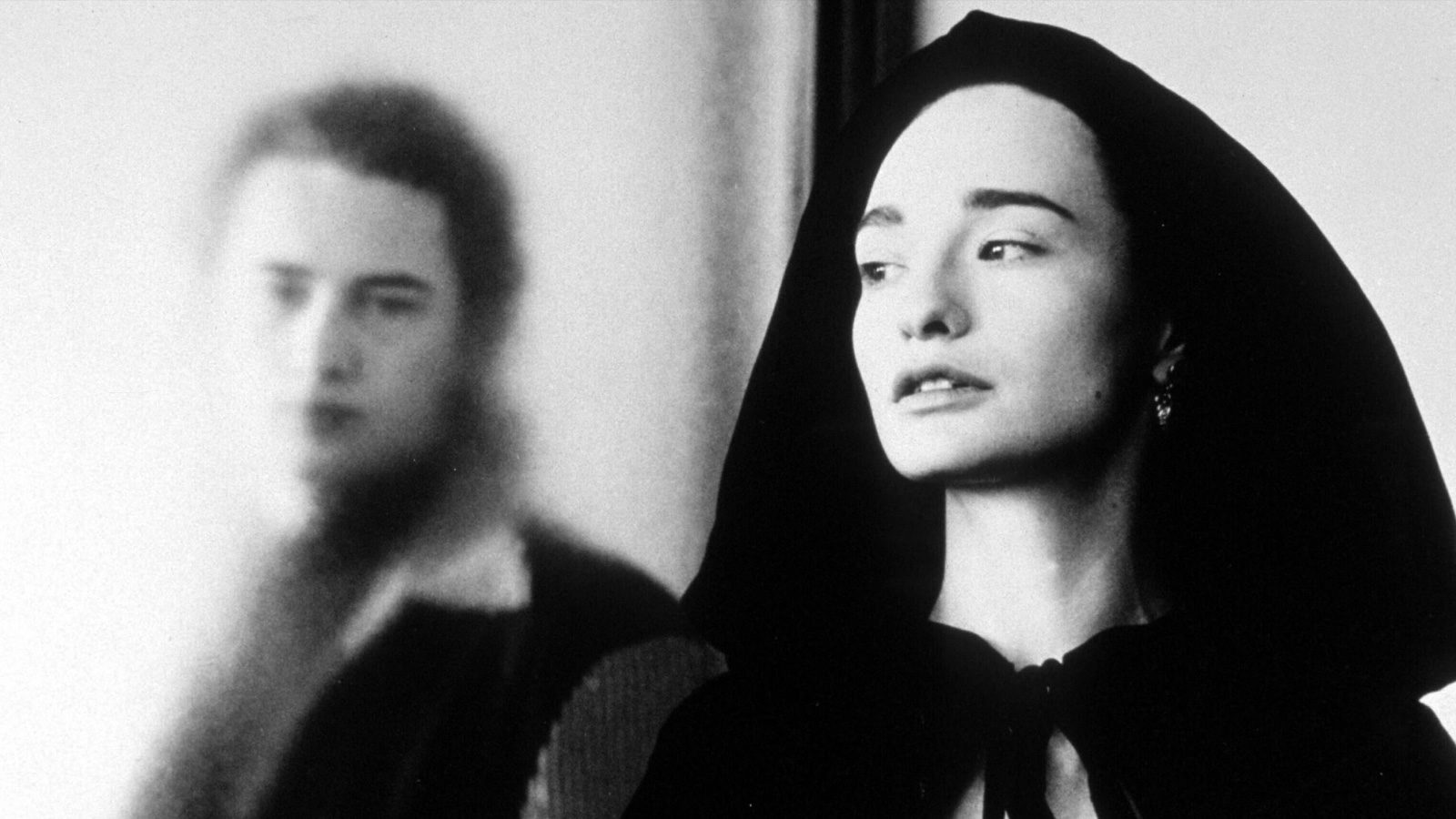
Nadja
“Picture what your kids can do with the new PXL 2000.” So went the 1987 advertising campaign for Fisher-Price’s latest offering, a lightweight plastic camcorder conceived specifically for children. Invented by James Wickstead, the device allowed for ten minutes of footage recorded directly onto a standard audio cassette. Sales proved disappointing; Pixelvision would soon be abandoned by its parent company, and production on new cameras halted after a year. Yet the story of the PXL 2000 was just beginning. Though it failed as a plaything, Pixelvision was taken up by a range of experimental auteurs drawn to its distinctive—grainy, spectral, colorless—textures, including Michael Almereyda, who made several feature-length projects with the toy; and a teenage Sadie Benning, who got one for Christmas from Benning’s filmmaker father James in 1988, and used it to create intimate studies of burgeoning queer identity. Film Society’s survey looks back on this curious, fertile episode of media history, showcasing efforts by Almereyda and Benning, as well as Peggy Ahwesh, Cecilia Dougherty, Joe Gibbons, and Eric Saks, among others. While the works varied notably in approach, such directors found inspired ways to deploy the format, discovering aesthetic possibility in the very limitations of its design. “Pixelvision,” Saks concluded, “is an aberrant art form, underscored by the fact that since the cameras wear out quickly, and are no longer being manufactured, it holds within itself authorized obsolescence. Each time an artist uses a PXL 2000, the whole form edges closer to extinction.”
Organized by Thomas Beard. Special thanks to Vanessa Haroutunian, Harvard Film Archive, UCLA Film & Television Archive, and Video Data Bank at the School of the Art Institute of Chicago.
All screenings will take place in the Francesca Beale Theater unless otherwise noted.
Programmer Thomas Beard on Pixelvision, the “Underappreciated Flipside of 90s Indie Cinema”:
I bought a PXL 2000 on eBay years ago, back when I was in college, but unfortunately I could never get it to work. The Pixelvision camera was kind of legendary, a plastic camcorder for kids put out by Fisher-Price in the late ’80s that recorded its ghostly, low-res images onto a regular audio cassette. As a toy, the PXL 2000 was rather a bust, yanked from the shelves after only a year—they were too expensive, they were temperamental—but the story of Pixelvision doesn’t end there. It had a look like nothing else, a dreamy visual texture, fuzzy as a faded memory, and the format had a surprise second act in the hands of experimental filmmakers, who used the device to shoot some truly remarkable movies, like Michael Almereyda’s Nadja, a wry riff on the vampire picture, or Sadie Benning’s teenage bedroom tapes, which, in my estimation, are among the most moving and imaginative records of queer adolescence ever made.
Over the years there have been a number of one-off Pixelvision screenings, but nothing this comprehensive, and many of the titles aren’t currently available on DVD or Netflix, so if you’re intrigued by the curious afterlife of the PXL 2000 and the challenging, strangely beautiful films it captured, now’s the time to check them out. Think of this series as the underappreciated flipside of ’90s independent cinema.
Program 1: Sadie Benning
Program 2: The Rocking Horse Winner + Another Girl, Another Planet
Program 3: Nocturne + Strange Weather
Program 4: Glass Jaw + Swallow + Flat Is Beautiful
Introduction by Elisabeth Subrin
Glass Jaw is Michael O’Reilly’s harrowing chronicle of two injuries; Elisabeth Subrin’s Swallow deftly blends found footage and self-shot material with spoken recollections of a childhood friend’s eating disorder; and Sadie Benning’s Flat Is Beautiful centers on a melancholy tween tomboy grappling with their gender identity in working-class Milwaukee.Program 5: Nadja
Program 6: At Sundance
Program 7: Joe-Joe
Program 8: Jug Town Road + Coal Miner’s Granddaughter
Program 9: You Talk/I Buy + Elegy + Multiple Barbie + Untitled (Spring 94)
Program 10: Tabletop + Slacker
Free Screenings & Events
Program 11: Ben Coonley
Free and open to the public! · In 3D
Ben Coonley recently created a suite of ingenious experiments using two side-by-side PXL 2000s, testing, in the process, the dimensional limits of Pixelvision’s low res properties. These videos will be on view in the Film Society’s amphitheater throughout the week of the seriesFree Talk: On Pixelvision
Free and open to the public! · Sponsored by HBO®
Join Michael Almereyda, Ben Coonley, and Cecilia Dougherty for a wide-ranging discussion about Pixelvision, moderated by Film Society Programmer at Large Thomas Beard.Tickets go on sale on July 27! To begin the purchase process, log in to your account. Don’t have an account? Sign up for one today.
To purchase tickets to individual films, please click on the “Films” or “Schedule” tabs at the top of this page and then click on your desired films or showtimes.
3+ Film Package – Tickets just $9 Members / $10 Students, Seniors, and Persons with Disabilities / $13 General Public.
All-Access Pass – See everything in the series for $89.
Not a member? Take advantage of discounted tickets, early access periods, complimentary offers year-round, and more by becoming one today! Join here.
MoviePass is accepted at the Film Society of Lincoln Center for regularly-priced films and series. Admission is not guaranteed. For app-related customer support, contact MoviePass.

